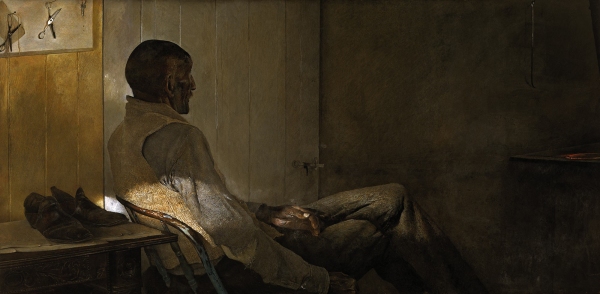Mainstream news
outlets' coverage of the ongoing local election campaigns most
closely resembles that of sports commentary. Typical stories
highlight the competition between candidates' fundraising achievements or dramatize various campaign tactics. What's missing are serious examinations of the individuals poised to
take command of the new 10-1 city council system.
The institution of
this system presents a real opportunity to see a shift towards
inclusiveness in political representation. Historically, voting
turnout in Austin has been concentrated in the western, affluent, and white part of town,
and this imbalance has shaped public policy, evident in Austin's watershed protection strategy, for example.
If there is going to be a change, Austin residents (at least those
who have an ID) must elect the candidates who are loyal to their
district and committed to representing their constituents.
Then why hasn't the
media given the public more in-depth looks at the candidates'
histories to verify their fidelity to the concerns of their community?
The answer is simple. There is no interest, and there hasn't been for a
long time. For the past decade, voter turnout for local elections in
Austin has been less than 20%.
These pathetic numbers are part of a national trend - America's voter
turnout has been on a downward spiral since the 70's.
The arguments
against the efficacy of voting are substantial and often persuasive.
Few of us missed comedian Russel Brand's explanation of his distaste
for voting. Of lesser
notoriety, but nevertheless convincing, was a Facebook thread where one
of my friends from Wichita Falls defended his right to not vote
against a legion of infuriated Democrats and Republicans. I asked him
about the discussion recently, “It was a while back. The gist of it
was I think you should only vote if you are (A) informed and (B)
willingly consenting to be governed by the system.” The main point
made by both Brand and my friend is that sometimes walking away from
an old, broken system is more progressive than trying to fix it.
In the case of the
10-1 election, however, an uninformed and low voter turnout would
most certainly be regressive. It would undermine the intended
subversiveness of geographic representation in favor of maintaining
the status quo. Without a strong showing of former non-voters at the
polls this November, the new city council system will continue to
represent one community above the others as the old system has for
years.
In addition to
higher voter turnout, there must be more of a demand for background
investigations on these candidates. Ken Martin, my boss and the
founder of The Austin Bulldog, has published a series of stories on
mayoral candidate Stephen Adler. Through his research, Ken discovered
that Adler had represented Lowe's in a case where the company won an
exemption to the SOS ordinance, one of City Council's most important
environmental resolutions. This discovery, in addition to other controversial cases explored in the series, question Adler's alleged
commitment to environmental issues.
The campaign led by
Austinites for Geographic Representation to adopt the 10-1 council
system was hard-fought, but the fight for representation is not over.
If the public does not increase its investment in this election and demand for background
investigations, then this
historic election will be no more different than any other that has come before it.


No comments:
Post a Comment